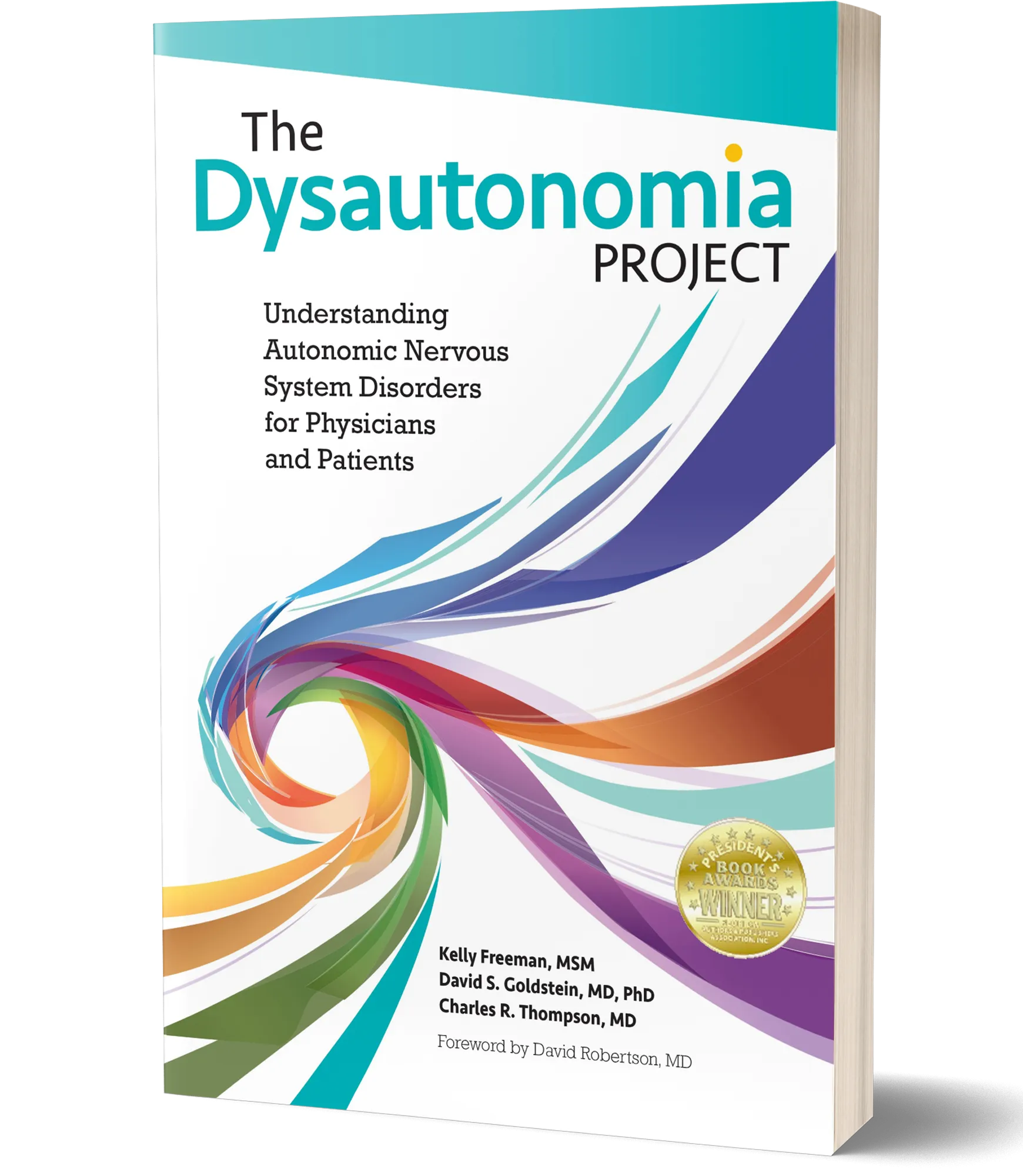
Recent Articles
In this video Dr. Singer discusses suggested requirements for starting an autonomic laboratory in your facility including key space, equipment and staffing.
A few words to close here, about if you are planning on starting your own lab – what should you consider, what you have to think about. Well, you should have a dedicated space. The space should be quiet, you don’t want heart rate and blood pressure responses resulting from noise, which does happen. You want some form of temperature and humidity control, and you need adequate space for a couple of technicians and a physician to be around the tilt table with the equipment. So, we figure that about 20-50 square feet is adequate. You need testing equipment. Equipment is available commercially as entire packages or individual components that you can put together yourself, if you so desire, and what you basically need is listed here. You need some form of measuring humidity for the QSART. You need a stimulator for iontophoresis. You need an EKG monitor, blood pressure device, way to measure respiration, ideally a tilt table and then you need software for data acquisition, data analysis and then eventually somehow get it into the medical record. In terms of personnel depending on how many labs you are looking at if you just had one lab, it would probably be ideal to have two technicians. It is much more efficient to do the testing with two technicians and a physician should be there, at least for supervising the tilt and then of course for the analysis of the test.

Wolfgang Singer, MD
Associate Professor of Neurology
Mayo Clinic Rochester, MN




